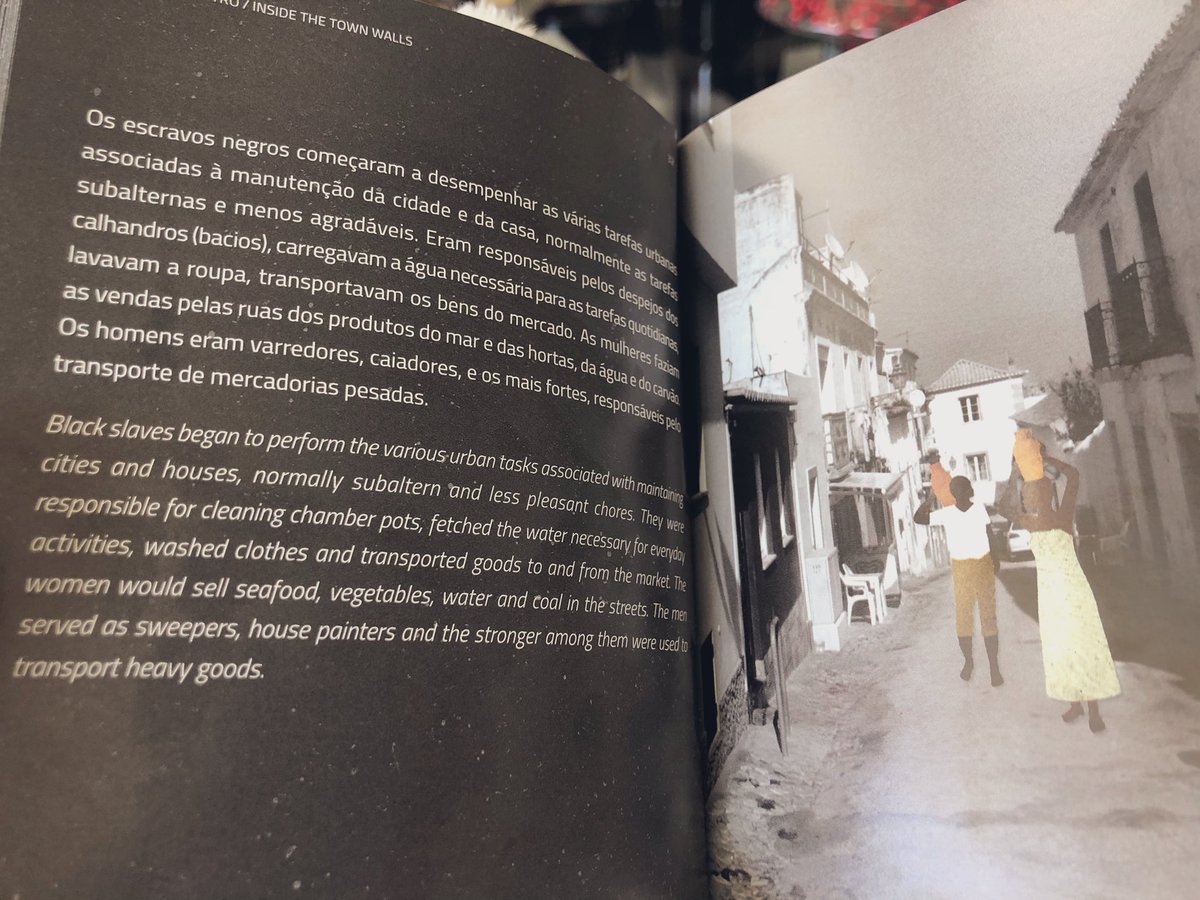Lagos, a town in southern Portugal, was Europe’s first African slave market. For centuries, the town hid its dark past. But this tiny museum is a step in the right direction. More Portuguese cities should follow in the footsteps.
Enslaved people in Lagos were forced to clean the city’s streets and houses. They washed people’s clothes and transported goods.
At some point during the 16th century, those enslaved made up 10% of Algarve’s population, living mainly in urban areas.
At some point during the 16th century, those enslaved made up 10% of Algarve’s population, living mainly in urban areas.
Others were forced to work as fishermen or shipbuilders.
In the beginning only wealthy people ‘owned’ enslaved Africans but “they quickly became commonplace in Portuguese society” throughout the 16th century, according to this booklet.
In the beginning only wealthy people ‘owned’ enslaved Africans but “they quickly became commonplace in Portuguese society” throughout the 16th century, according to this booklet.
Enslaved people were baptised and given “Christian names” soon after arrival in Lagos.
“They then learned the Portuguese language and participated in religious events.”
“They then learned the Portuguese language and participated in religious events.”
A decade ago skeletons belonging to enslaved Africans were found in Lagos near what it then was a large rubbish dump.
“Just like other worthless waste which was no longer of use inside the town, (they were) discarded outside the walls,” it said.
“Just like other worthless waste which was no longer of use inside the town, (they were) discarded outside the walls,” it said.

 Read on Twitter
Read on Twitter






